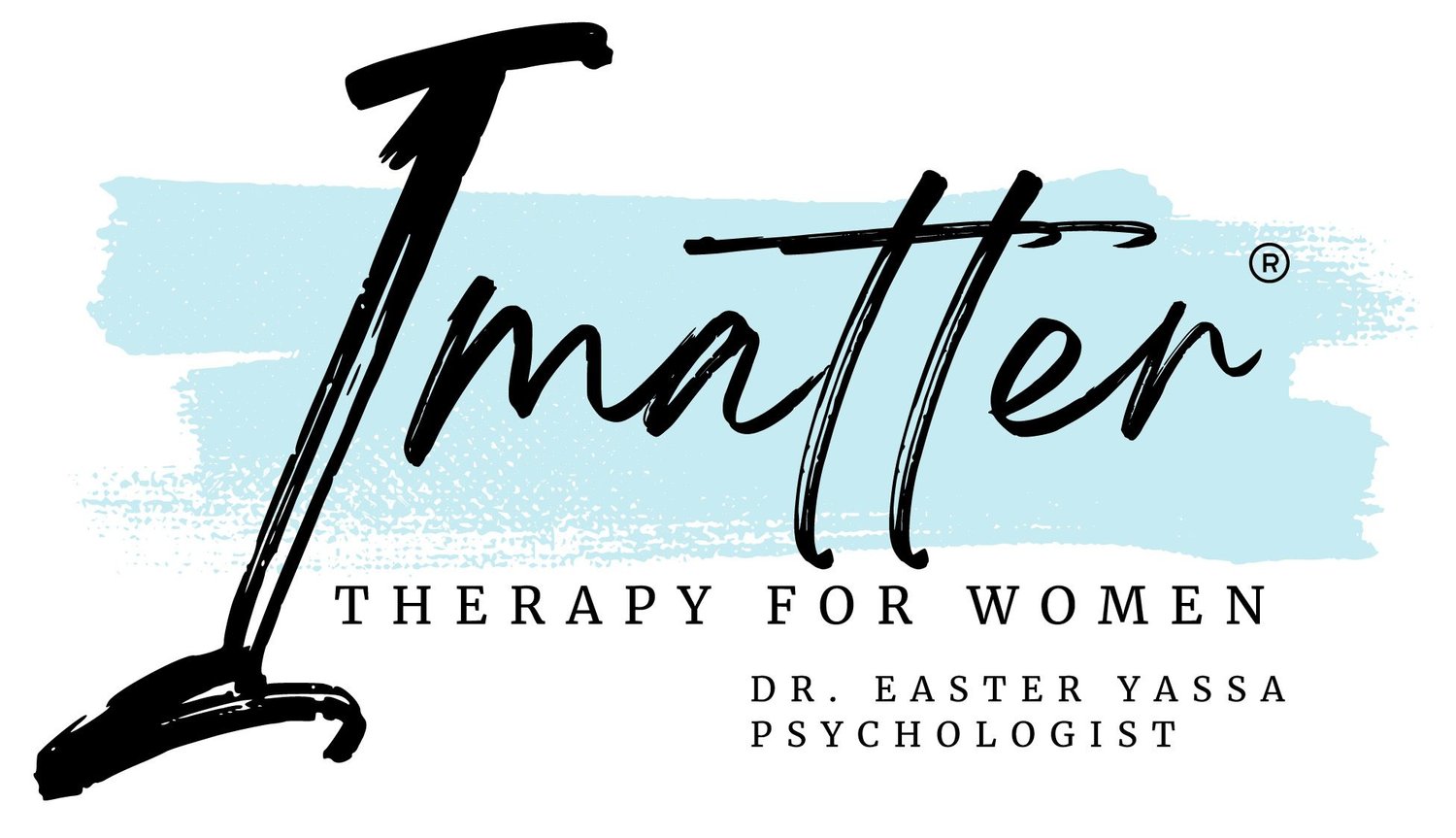
Healthcare Professionals
SERVICES FOR HEALTHCARE PROFESSIONALS
Healthcare professionals have healthcare needs too. I am honoured to work with so many hard working and committed healthcare professionals over the years, including physicians, psychologists, dentists, nurses, massage therapists, naturopaths, chiropractors, acupuncturists, and addiction counsellors, among others. The work of caring for others can have a cost. The most committed and caring among us can unfortunately often suffer the most. When we care for ourselves the positive ripples we create within our families, friends, and our patients or clients cannot be underestimated. I am here when you're ready to embark on your self-care journey.See below for the particular areas in which I work with healthcare professionals.
COMPASSION FATIGUE
Compassion fatigue is a workplace hazard that all practitioners in the helping professions are likely to encounter at one time or another. It is the intersection of burnout, secondary traumatic stress and primary traumatic stress.The more committed and empathetic we are the more likely we are to become overwhelmed by the task of caring. There is no shame in this. We can heal and become more resilient as a result.
COMMUNICATION & LISTENING SKILLS
While we may be exceptional at the task of diagnosing and treating, communication and listening skills may be something we were never taught. Maybe we do our jobs really well but when it comes to connecting with family, friends, and loved ones we struggle to listen and communicate. Perhaps it wasn't prioritized, or perhaps it was seen as inefficient in our chosen professions to nurture relationships, but either way when we struggle with listening and communicating we simply cannot take in all the information coming in. Whether from patients or loved ones. Learning how to be present and mindful can help us take in more information about others, ourselves and the environment and say what we actuallywant to say much more clearly.
WORK-LIFE BALANCE
As demands on healthcare becoming greater healthcare professionals can find themselves struggling to balance their personal lives with their professional ones. Charting, taking calls, consulting and seeing patients/clients can expand to take over other areas of our lives that are important for us, like time with our partners, our children, other loved ones, and/or simply time to rest and regroup so as to have the strength to continue to be able to serve those who count on us. Without this we can struggle with irritability, frustration, resentment, anxiety and loneliness. But it doesn't have to be this way. And figuring out what beliefs may be supporting and maintaining work-life imbalance can be the first step to reclaiming it.
INNER CRITIC & PERFECTIONISM
Holding a high standard for the work we do as healthcare professionals is critical and may be how we have distinguished ourselves over the years during both our professional training and subsequent practice. Perfectionistic standards, however, are unreasonable and can result in exhaustion, shame, isolation, never feeling "good enough", incomplete work piling up, self-doubt, and questioning our career choices. Contrast this to the maintenance of high standards that come not out of fear but an alignment with our values and a responsibility to (not for) others. A critical inner voice can trigger feelings of anxiety, dread, shame, hopelessness and/or worthlessness (among other emotions) and, while not unique to perfectionism, is often part of what maintains perfectionism at a high personal cost. Challenging unreasonable perfectionistic standards, and our critical inner voice, actually allows us to maintain our high standards. Healing involves taking back the drivers seat in our lives from this critical inner voice so we can reconnect to peacefulness both in our body and our minds.
VICARIOUS TRAUMA
Sometimes the stories we hear in the course of the work we do can be saddening, shocking, disturbing or very painful. The empathy and compassion we have for those in our care can also make us vulnerable to secondary traumatic stress, otherwise known as vicarious trauma. As a result, we may feel distracted, preoccupied, anxious, angry, sad, hypervigilant, have difficulty sleeping, and struggle with our view of the world. There is support. You can process and heal from vicarious trauma, and become stronger as a result.
BURNOUT & STRESS MANAGEMENT
Burnout is widely used to describe the physical and emotional exhaustion we can experience when we have low job satisfaction and feel powerless and overwhelmed at work. This can lead to or exacerbate what may already be high levels of stress. Healthcare professionals can be at high risk for burnout due to working in difficult work environments with little (perceived) control over demanding schedules and/or poor compensation. Also, experiencing patient/client care situations where there is no one good option to choose from, or where the dictates or circumstances involved in the care of another run counter to our own personal values (i.e., moral distress) can add to stress or accelerate burnout. Strategies for managing stress and distress can help us cope and determine more clearly for ourselves how we want to address the messages that repetitive burnout may be sending us. (Source: The Compassion Fatigue Workbook by Franciose Mathieu)
SELF-CARE
Healthcare professionals often can easily spot a person who is not taking care of themselves. Unfortunately seeing our own challenges and struggles in this area can be tricky. We may skip bathroom breaks and meals, cut into our rest, and/or just function in relative isolation day to day while we serve the health and wellness needs of others. Others may tell us to slow down, rest, or take a break, but we may brush these suggestions aside (even from those who know us best and care for us), or see them as "impossible". Working on self-care means looking at what we take for granted as the way things have to be, exploring ways we may be managing our own fears and anxiety through driven-ness and/or attending solely to the needs of others, and evaluating the gains as well as long-term and short-term costs, while we create a manageable plan for endurance & longevity.
ANXIETY
Healthcare professionals at various points in their careers can get anxiety. Whether you're a student in training or a seasoned professional, anxiety can seep in and up-end confidence and the ability to focus. Maybe the anxiety is situation specific or maybe it's become free floating. Anxiety can be like a small stream trickling through our lives, or it can be like a rushing waterfall drowning out the things, values and people that are important to us. Both can make it a challenge to take in clearly what's real from what our mind tells us is a threat. As anxiety can present in a variety of ways, recovery begins with clarifying and identifying what we are actually experiencing and dealing with. Reclaiming our lives begins in large part from finding the courage to turn and face the thoughts, emotions, feelings and sensations that accompany our anxiety, holding a curiosity for them, and (in addition to learning skills to tolerate them) processing or resolving what may be fuelling them.

PURPOSE
Only by recognizing and accepting his or her own wounds
can the healer minister to others.
It is our wounds that make us human,
that bridge the gap between patient and physician.
When we have done all we can to improve our situation,
when we have created the best environment possible,
there will still be pain that comes from meeting others deeply.
At that point we can either fight against pain,
and in so fighting,
bring ourselves to a numb cynicism or a fragile despair,
or we can accept it,
become one with it,
and allow it to minister to others.
- Dr. David Hilfiker, M.D., Healing the Wounds: A Physician Looks at His Work, Chapter 15

